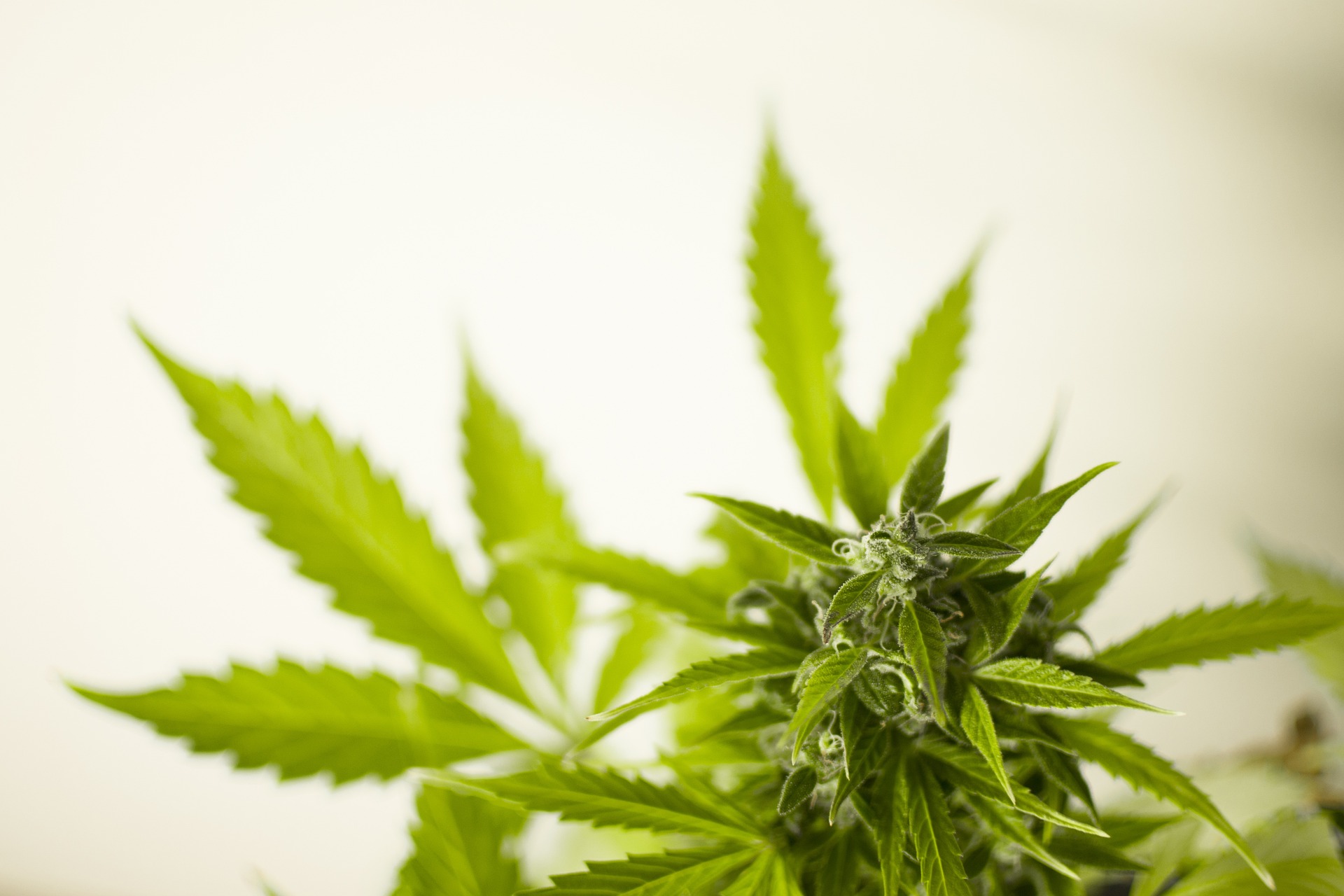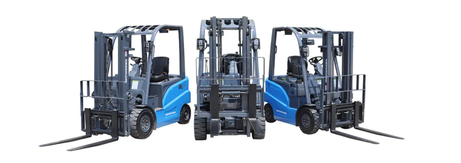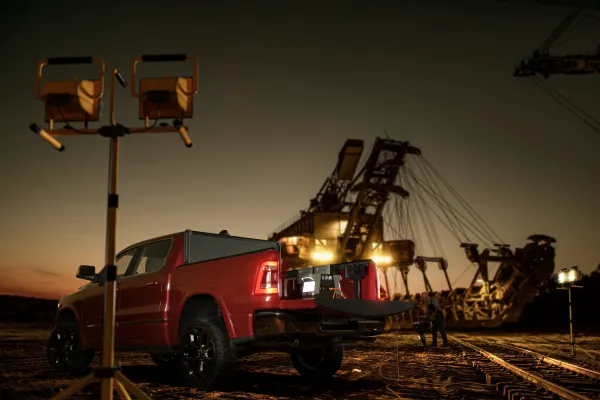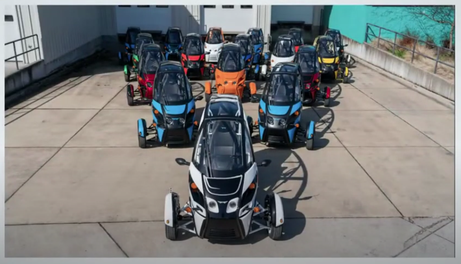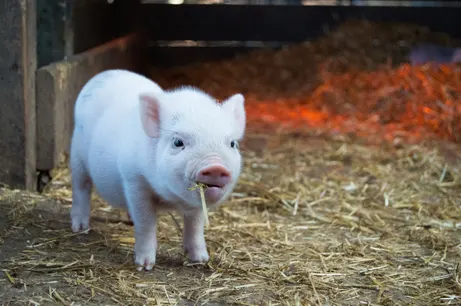-
Automating The Future Of Cannabis: How One Enterprise Wants To Lead The Charge Towards Large Scale Manufacturing
Previously Published On Benzinga A new operation in Commerce, California is quickly becoming one of the world’s largest next-generation cannabis production facilities. The 170,000 square-foot facility is owned and operated by the 4Front Ventures Corp. (OTCQX: FFNTF), a national, vertically-integrated multistate operator with seed-to-sale operations in strategic medical and adult-use cannabis markets, including Illinois, Massachusetts, Michigan, Washington and now, California. Established in 2011, 4Front Ventures has built a reputation in the industry for setting high standards in low-cost cultivation and applying traditional production methodologies to a less-than-traditional business sector. To date, the company has successfully brought more than 20 different cannabis brands and nearly 1,800 unique products to market. As the cannabis industry is…
-
Vision in Sight — Vuzix Outlines Ultra-Sleek Lineup of Smart Glasses, CES 2022 Presence, and Partnerships
Previously Published to Benzinga It’s a new year, and 2022 may just become the Year of the Meta with virtual reality (VR), augmented reality (AR), and extended reality (XR) around every corner. Vuzix Corp. (NASDAQ: VUZI) is arguably no exception, leaving 2021 with a bang and entering the new year fresh-faced and making moves. The company is a leading supplier of smart glasses and AR technologies, developing innovative products primarily focused on enterprise markets. This includes personal displays and wearable computing devices triggered by touchpad, voice, and Bluetooth inputs. In addition, it offers users a portable, high-quality viewing experience, shared view video streaming, and dynamic solutions for mobility purposes. That means…
-
Electrification of Heavy Industrial Equipment Is Already on the Horizon
Previously Published to Benzinga The following post was written and/or published as a collaboration between Benzinga’s in-house sponsored content team and a financial partner of Benzinga. Leading the next generation of commercial, industrial vehicles into greener pastures, Greenland Technologies Holding Corp. (NASDAQ: GTEC) has been working hand-in-hand with several market sectors as the pioneer driving change in the electrification of industries, traditionally dominated by heavy-emission internal-combustion systems. Greenland Technologies is a developer and manufacturer of drivetrain systems for materials handling, industrial machinery, electric vehicles (EVs) and electric industrial vehicles. The company prides itself on the fact that with every piece of heavy electric machinery sold, there is one less heavy emissions vehicle being…
-
US and Canadian Delivery Service to Acquire Another U.S. Delivery Services Company, Executes New Canadian Service Agreement in the Same Week
Previously Published to Benzinga: The following post was written and/or published as a collaboration between Benzinga’s in-house sponsored content team and a financial partner of Benzinga. Last week, ParcelPal Logistics Inc. (OTCQB: PTNYF), a US and Canadian-based organization specializing in last-mile delivery services and logistics-related solutions, announced that it would acquire another well-known and currently unnamed U.S. delivery service, citing a “letter of intent” between both parties after almost 8 months of successful, rapidly-growing co-operations at the company’s west coast facility. In October, ParcelPal announced an LOI for its second acquisition. The company believes they should see traction heading into 2022, as the acquisition could close by the end of the month…
-
Why Is There a Renewed Interest in Hemp by Textile and Manufacturing Companies?
Previously Published to Benzinga: The following post was written and/or published as a collaboration between Benzinga’s in-house sponsored content team and a financial partner of Benzinga. The truth is, the interest in hemp by textile and manufacturing companies never really left. The demand has always been there, but legal restrictions needed to be lifted so that hemp could be grown in the U.S. and companies could use hemp in products and materials. In the meantime, U.S. companies relied on imports. In addition to its known uses, new technological discoveries have been made in the use, sustainability and impact of hemp on the environment. To put it simply, both the fiber and hurd…
